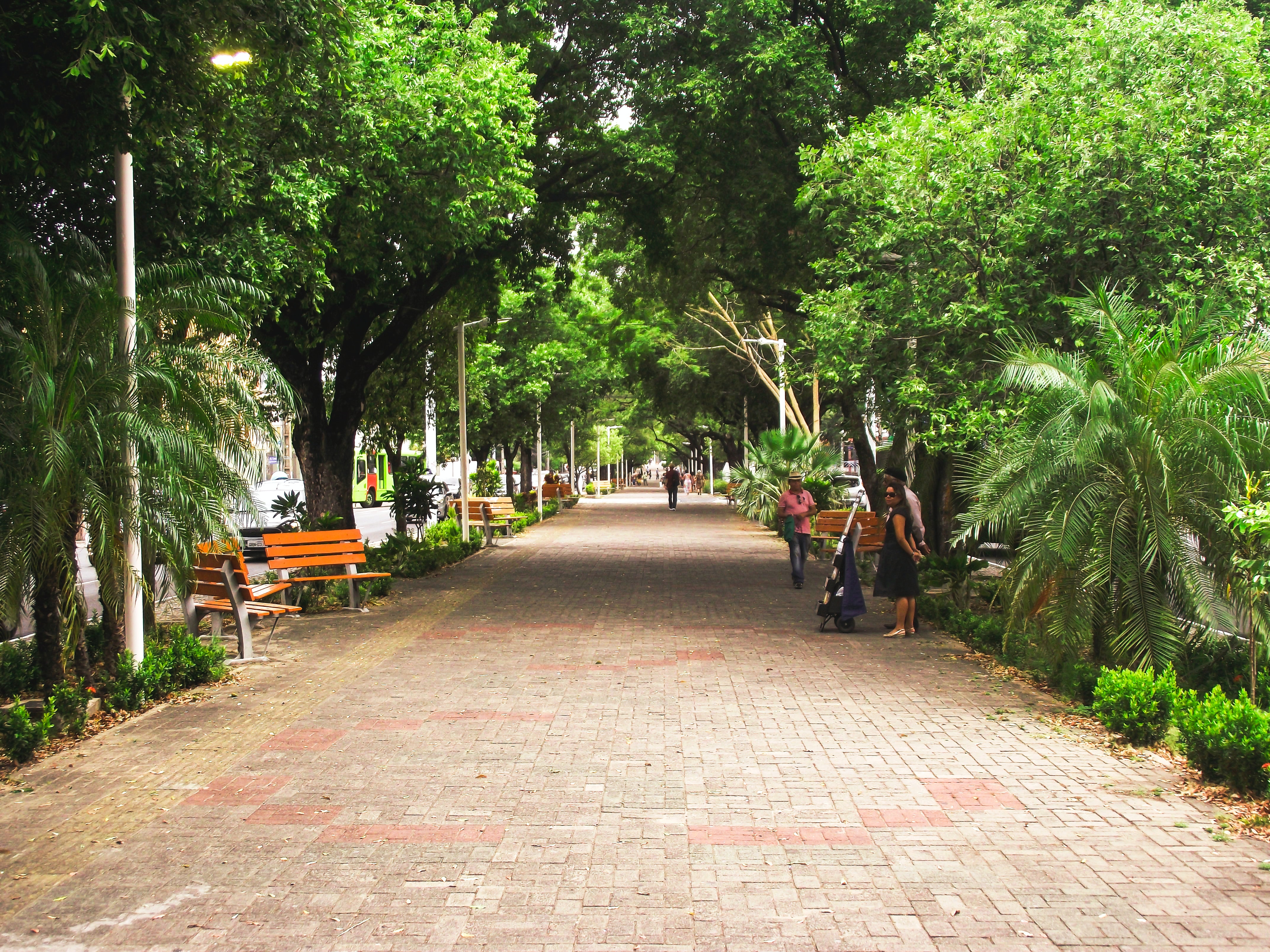Teresina, supported by the EU, launched an Open Innovation challenge to develop creative solutions for mobility planning

A city at the crossroads suffering from urban sprawl
Teresina is a crossroads near the major cities of the north coast of the country, notably Fortaleza and Sao Luis, which contributes to its economic development. However, the city suffers from urban sprawl, which increases travel time, costs and reduces the efficiency of public transport. Public transport is provided by about 100 bus lines, a BRT system under development.
The municipality already has the plan, mandate, capacity and means to organise and finance the infrastructure and operation of urban transport. The task of operating mass transport is entrusted to 4 companies via a concession system. Sustainable mobility modes already occupy a respectable place with approximately 12% of journeys made by bicycle and 32% by foot (based on data from 2008).
The “Open Innovation” approach and its results
A previously conducted diagnosis revealed that there are problems with access and affordability of public transport, low ridership, as well as a crisis of confidence and mistrust of the citizens towards the authorities. The municipality wished to set up a pilot project following an "Open Innovation" approach to refine the diagnosis, to develop digital solutions allowing to respond to the identified problems, and to prepare the scaling up of these solutions.
In order to meet the objectives, the project, implemented by AFD via the Systra consultancy firm, organised an Open Innovation hackathon, following the "Design Thinking" methodology. The participants formed groups and took part in several workshops and challenges, as well as live streams at the beginning and end of the day. The first week was dedicated to "ideation and validation", and participants were assisted by mentors and experts, and by representatives from authorities, transport companies and Systra. The second week was dedicated to "solutions and validation", at the end of which 3 teams were selected to develop their proof of concept, for which each team had 5 months and a budget of around €10,000.
The three selected projects made the following proposals:
- Development of a data visualisation open software with the main mobility indicators, based on public databases, to help citizens understand the challenges related to mobility and propose solutions.
- Digitalisation of existing processes within the companies operating the bus lines, and development of dashboard performance indicators to support decision-making.
- Development of software for better planning of bus routes.
At the time of selection, although AFD wanted to promote data generation, the other members of the jury decided not to select projects based on gadgets and hardware equipment, such as GPS tracking beacons or bus occupancy sensors, judging that the cost of such equipment would be too high a barrier to the implementation and scaling up of solutions. The project is now on track and the stakeholders are satisfied with its progress, even though the COVID-19 pandemics has been slowing the process down.
The next steps for the pilot project in Teresina are consolidating the results of the Proof of Concept phase and developing scaling up strategies so that the Municipality can adopt the solutions tested. These strategies will indicate what aspects of each solution need to be improved, what are the necessary tools, in terms of human resources and digital infrastructure, and what are the costs to implement them. The project will conclude in January 2022 with communication actions to present the final results to the population.